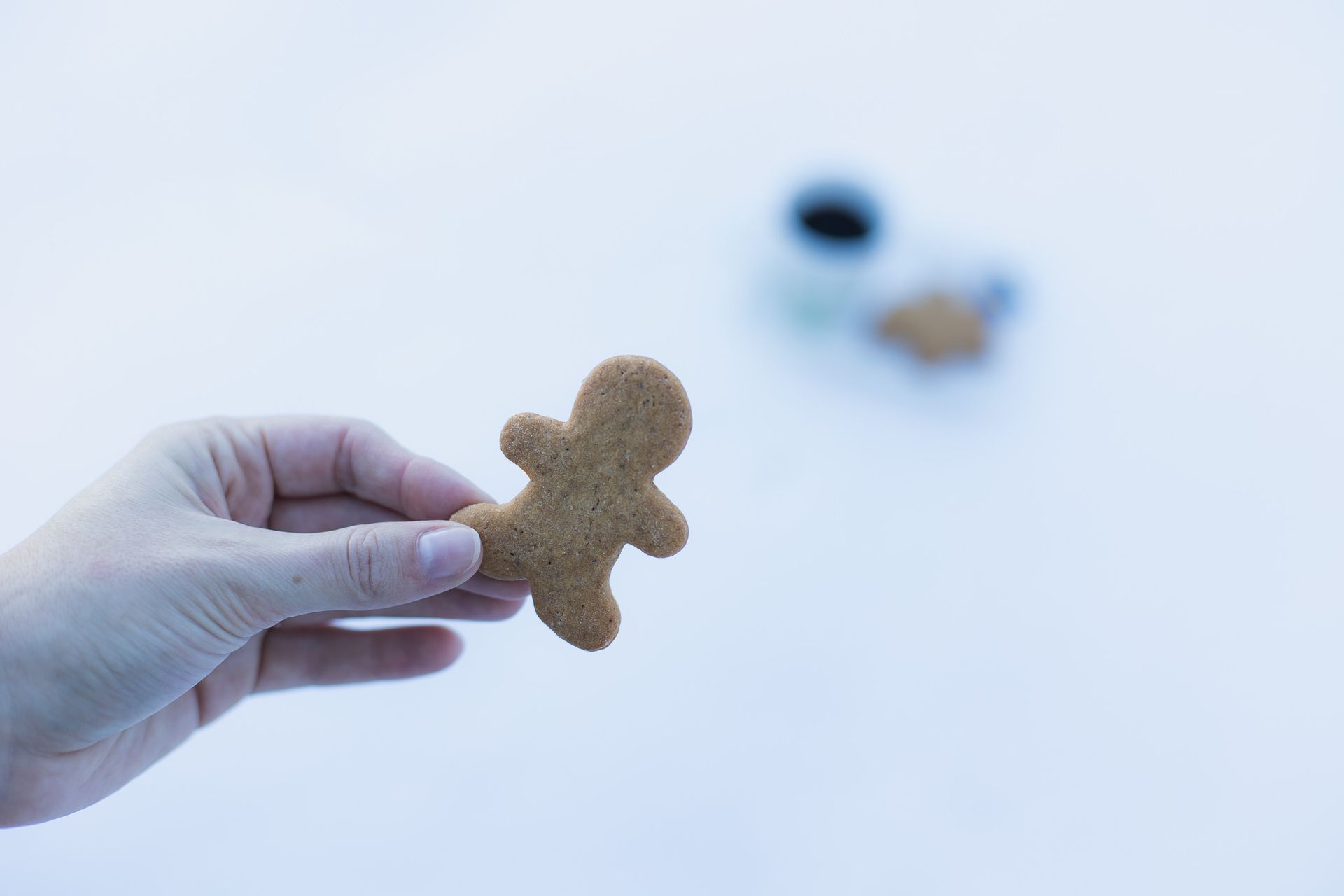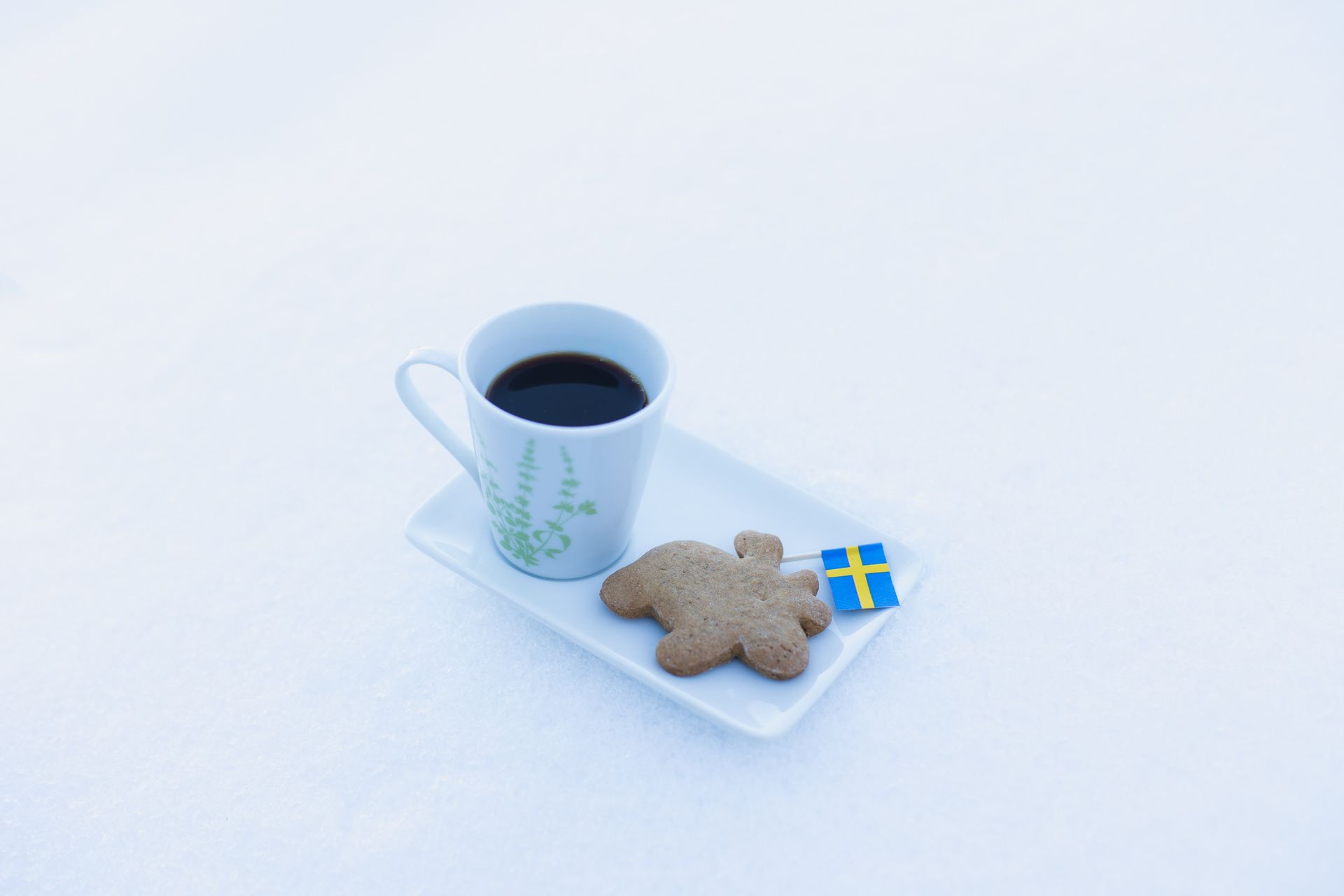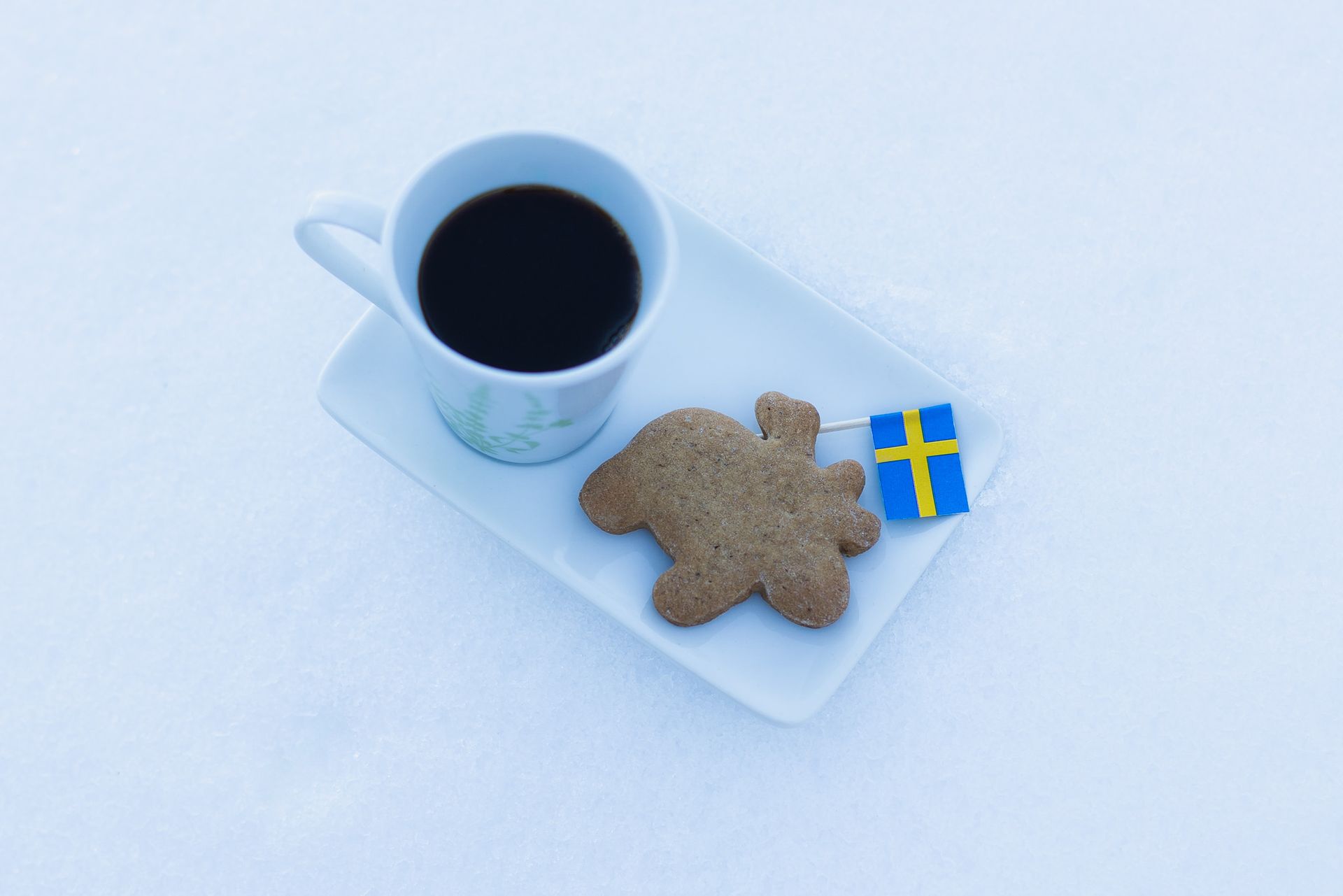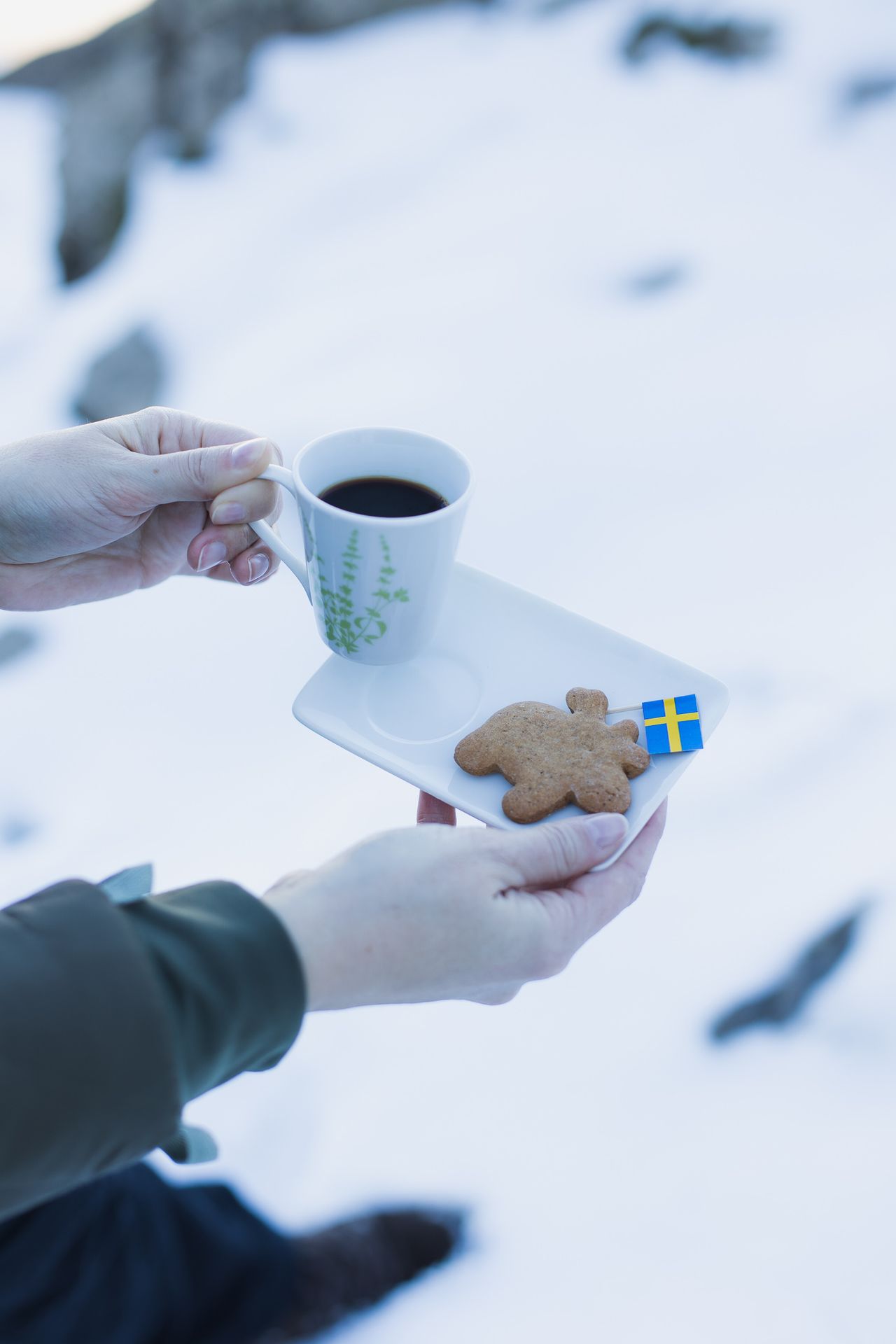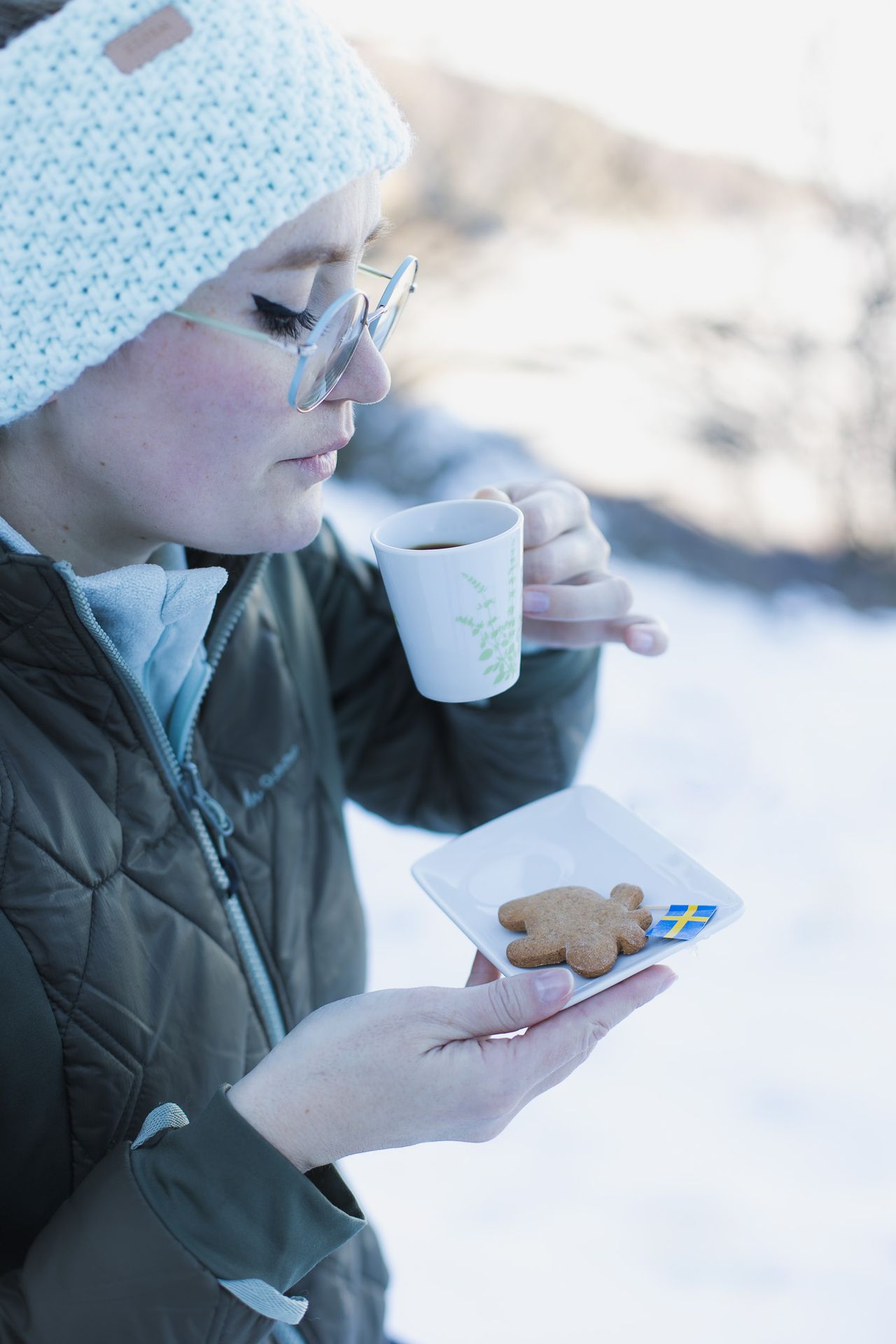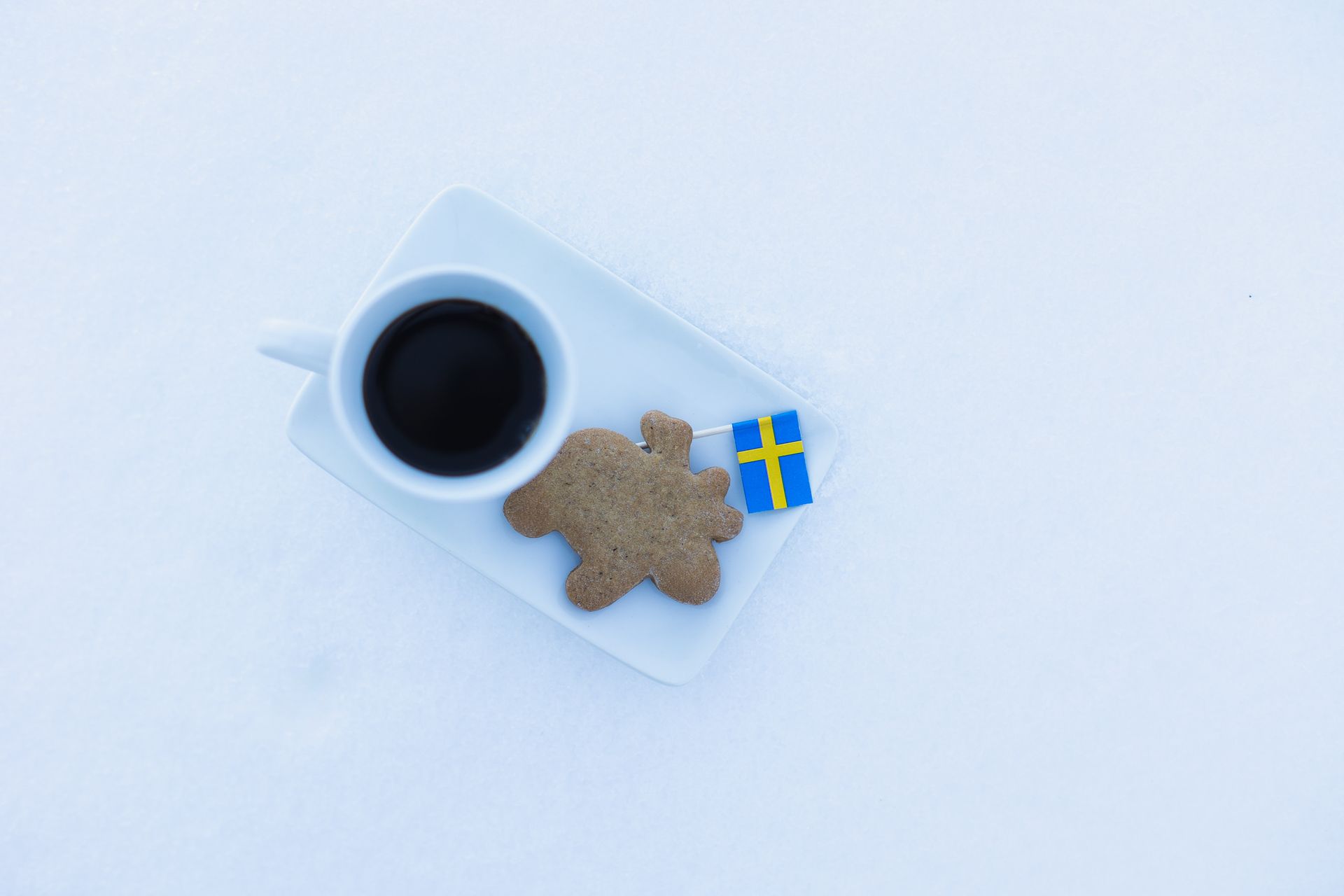Ingredients
- 100 ml / 3.38 fl oz water
- 17 ml / 0.57 fl oz molasses
- 10 g / 0.35 oz ground cloves
- 10 g / 0.35 oz ground cinnamon
- 10 g / 0.35 oz ground ginger
- 10 g / 0.35 oz bicarbonate of soda
- 1 pinch salt
- 150 g / 5.29 oz powdered sugar
- 140 g / 4.94 oz butter at room temperature
- 400 g / 14.11 oz wheat flour
Preparation
Bring the water, molasses syrup, cloves, cinnamon, ginger, salt and bicarbonate of soda to the boil for one minute, stirring simultaneously. Leave to stand for about 5 minutes.
Mix the butter and sugar until smooth. Add the warm spice solution. Add the flour and salt and continue mixing until you have a smooth, glossy dough. Wrap the dough in cling film and place in the fridge overnight, and if possible longer (the dough can be refrigerated for up to 2 weeks for more flavour).
Remove the dough from the fridge 30 minutes to 1 hour before baking, so that it reaches room temperature (if the dough is too cold, it will be difficult to work and bake). Preheat the oven to 220°C / 428°F. Spread the dough as thinly as possible on a clean surface sprinkled with flour and shape the biscuits using cookie cutters.
Place the biscuits on baking trays lined with baking paper and bake in the middle of the oven for around 5 to 7 minutes (pepparkakor tend to burn very easily).
